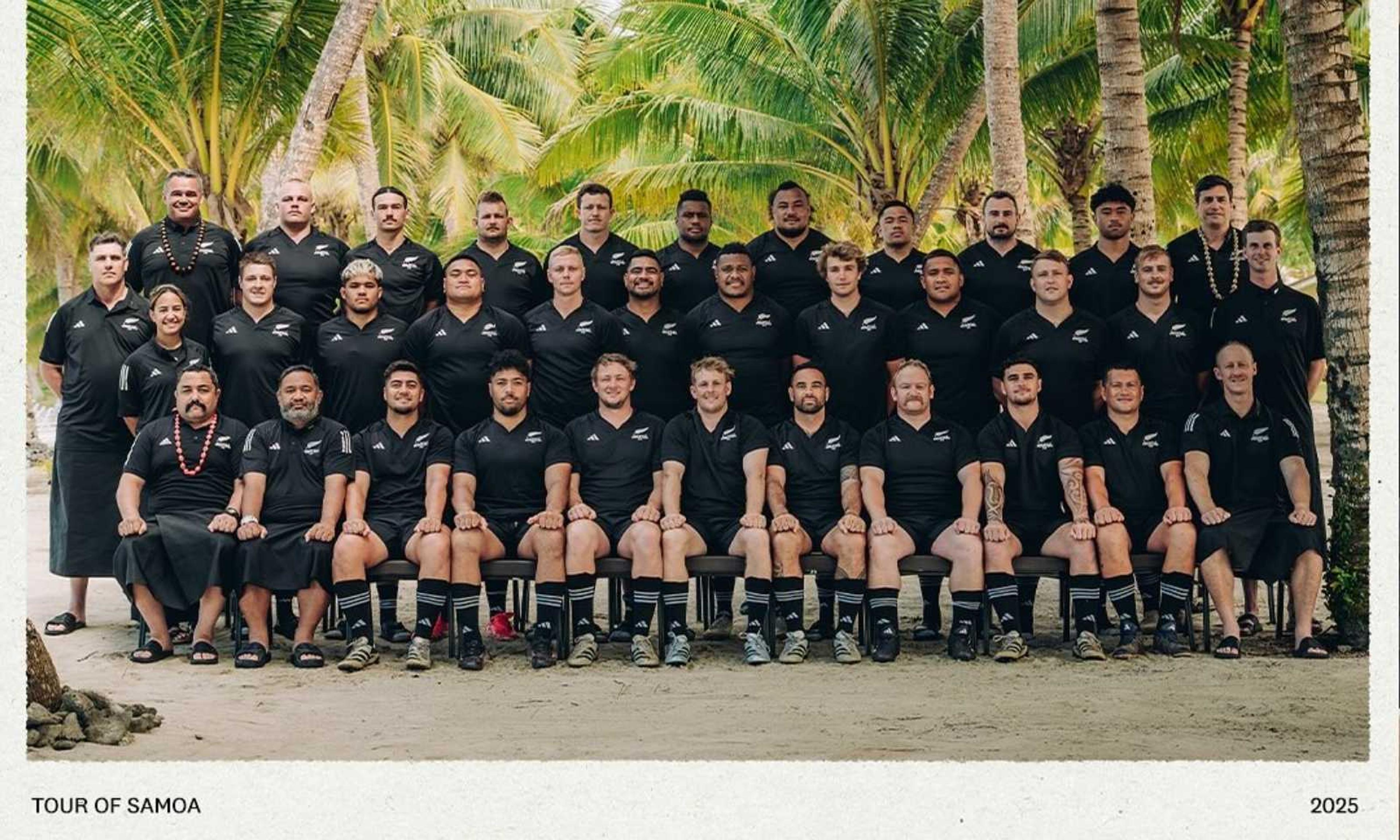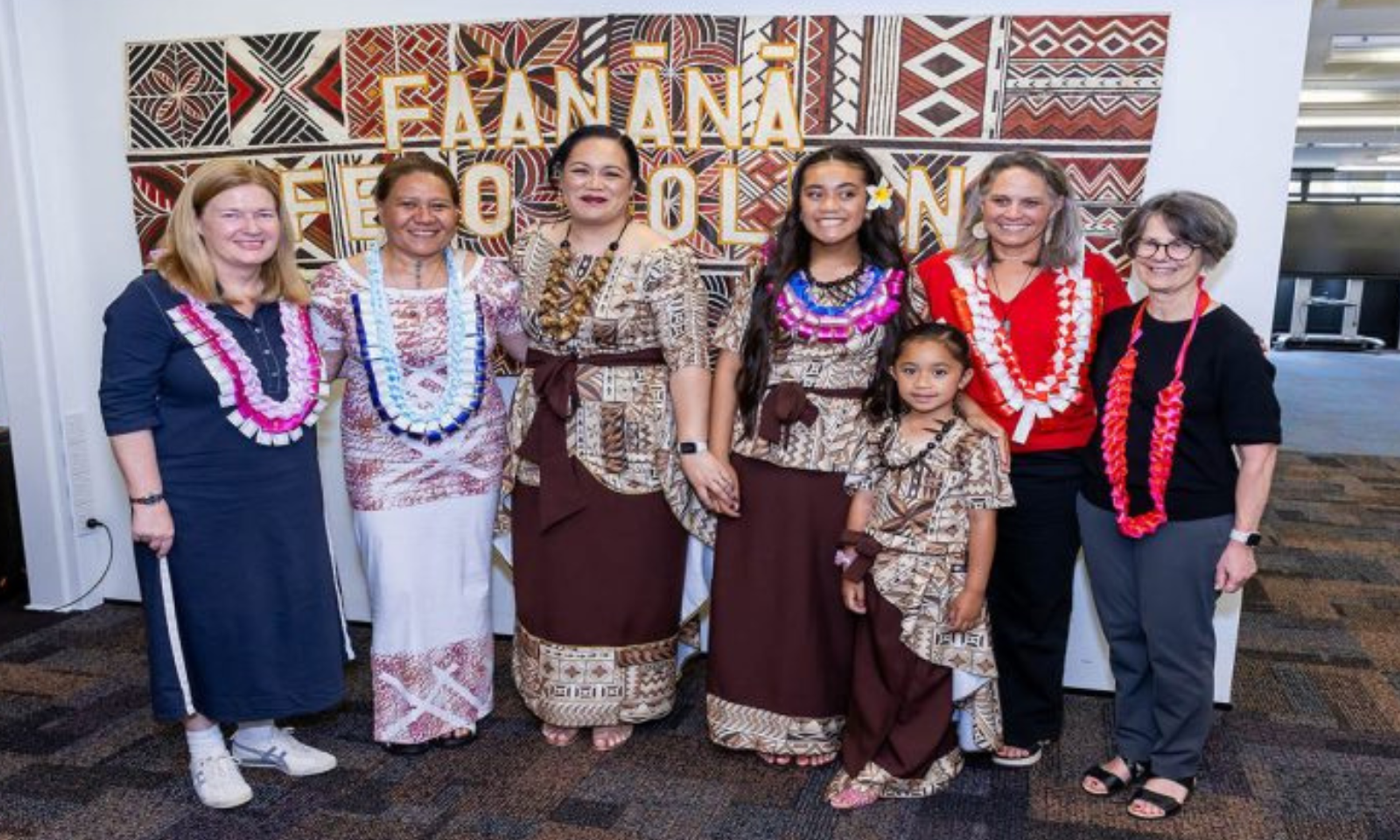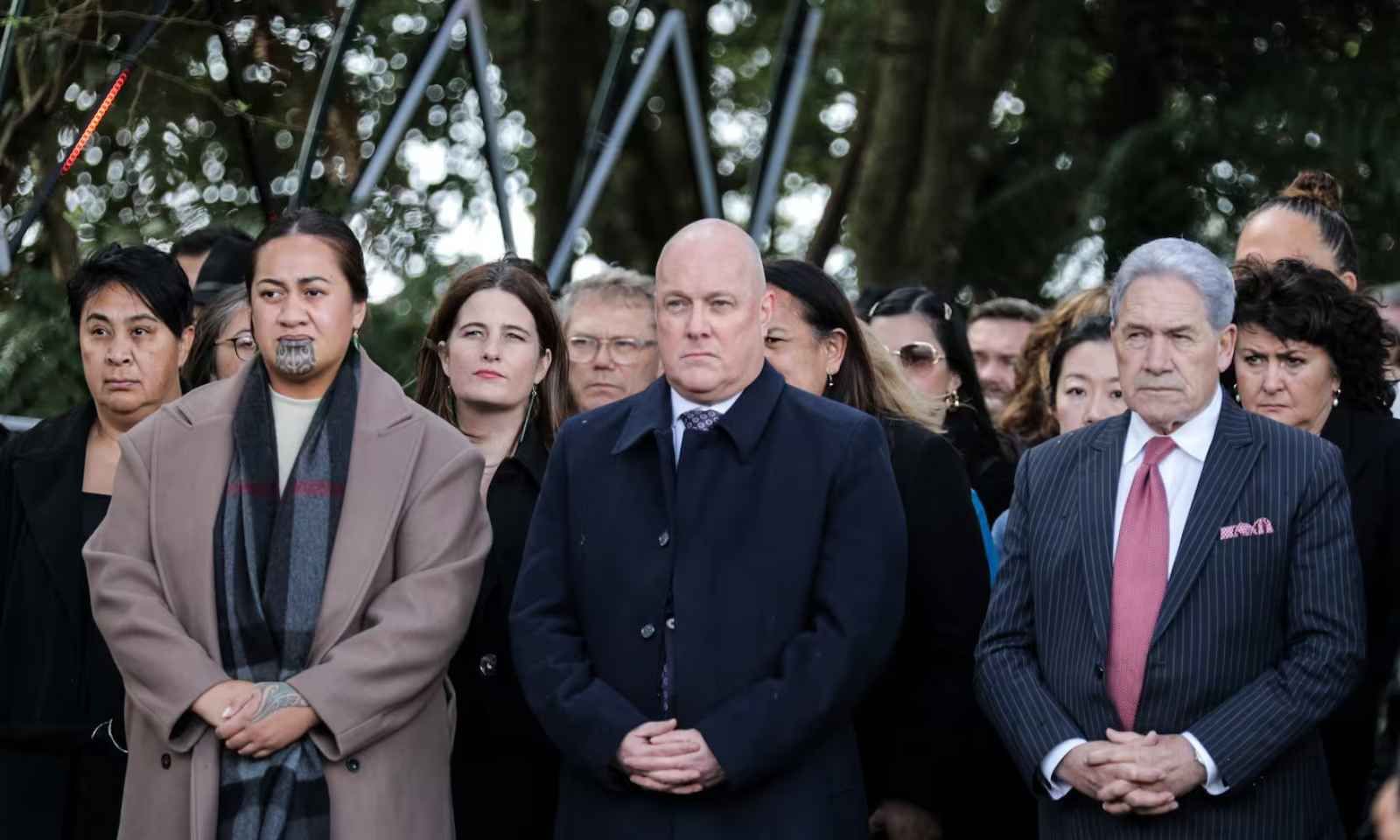

The hīkoi brings together Māori, Pacific, and other communities to oppose the bill, which many see as a threat to Māori rights and progress in race relations.
Photo/Supplied
‘It's tearing at the social fabric of our nation’
Although the Treaty Principles Bill will not become law, critics say the select committee process is a beacon for conversations that may drive division.



Law expert: US boat strike controversy a lesson for the Pacific

Heartland XV coach reflects on emotional return to Sāmoa




Law expert: US boat strike controversy a lesson for the Pacific

Heartland XV coach reflects on emotional return to Sāmoa

The ACT Party’s Treaty Principles Bill has sparked debate over the role of the Treaty of Waitangi, New Zealand’s governance, and whether it is an honest conversation.
The bill aims to redefine the Treaty principles, focusing on the Government’s authority, Māori rights, and equal treatment for everyone.
Speaking on Pacific Mornings, Prime Minister Christopher Luxon defended the National Party’s support for the bill up to its first reading.

Luxon at Tūrangawaewar Marae for Koroneihana 2024 celebrations. Photo/Nick Monro, RNZ
“We have to do it because we're in coalition and parties have their things that are important to them.
“So ACT doesn't get what they want. I don't get what I want.
“But the reality for us is we think actually our approach is a better approach, that you don't take 200 years of Treaty and actually simplify it down to a Treaty Principles Bill.
“That at a stroke of a pen changes everything about that, when in fact you're better to engage with it and work through issue by issue.
“It doesn't mean you're always going to agree on those issues, Māori and the Crown, but actually we need to be able to work our way through those issues.”
Former lawyer Lisa Meto-Fox says the bill risks causing divisions and could undermine decades of progress in race relations.
“We shouldn’t all aspire to be one. Our diversity is what makes us stronger.
“As the Waitangi Tribunal has said, ‘Māori would feel the brunt of the social disorder and division’.
“So what's been really clear from National and New Zealand First is that they aren't going to support this into law.
“They're only going to support it through the first reading and not through the second reading.
“So it's clear that it's not going to become law. But what the purpose, I think, of the bill is to drive division between Māori and the rest of New Zealand society.
“And so what the Waitangi Tribunal are talking about is that although it might not become law, the discussion at the six-month select committee process… It's going to be a real beacon for those who are anti-Māori, who feel that Māori have too many rights, that the treaty has gone too far.

Political commentator and former lawyer Lisa Meto Fox. Photo/ Supplied
“And so although it's not going to become law… It's hugely divisive. It's tearing at the social fabric of our nation.”
Meto-Fox also highlights the significance of the nationwide hikoi opposing the bill, describing it as a powerful statement of unity among Māori and Pacific communities.
The hikoi was organised by Toitū Te Tiriti, a movement dedicated to upholding the integrity of Te Tiriti o Waitangi.
It began in Cape Reinga and is scheduled to end on 19 November at Parliament, making it a nine-day journey that spans more than 1000 kilometres.
Watch Meto-Fox's full interview here
“It’s crucial that we show this government that the progress made over the last 50 years will not be tolerated to be rolled back,” Meto-Fox said.
Luxon insists that his government remains committed to honouring the Treaty while ensuring equal rights for all New Zealanders.
“We just don't think it's [the bill] a simplistic approach to a very complex set of challenges.
“The Treaty sets up a dynamic in New Zealand where the Crown needs to meet its obligations under the Treaty and also need to ensure there are equal rights for New Zealanders.
“That puts tension into the system, but the way to deal with that tension is not to come out with a very simplistic bill that actually, at the stroke of a pen, invalidates almost 200 years of progress.”
Watch Luxon's full interview here